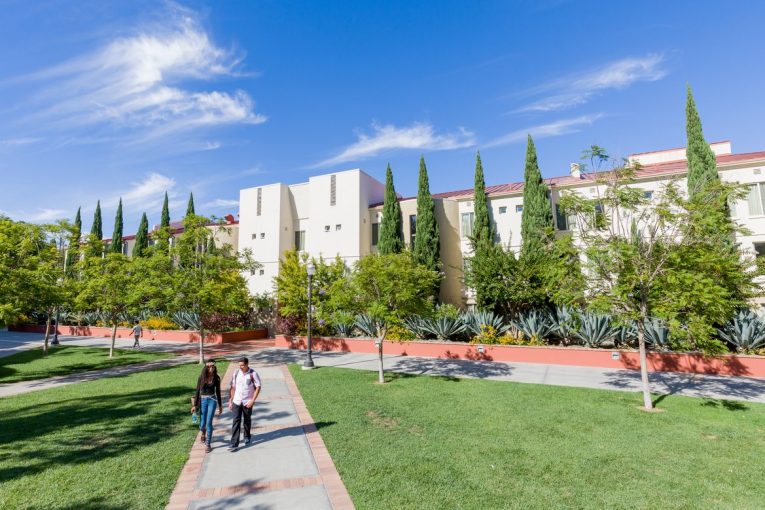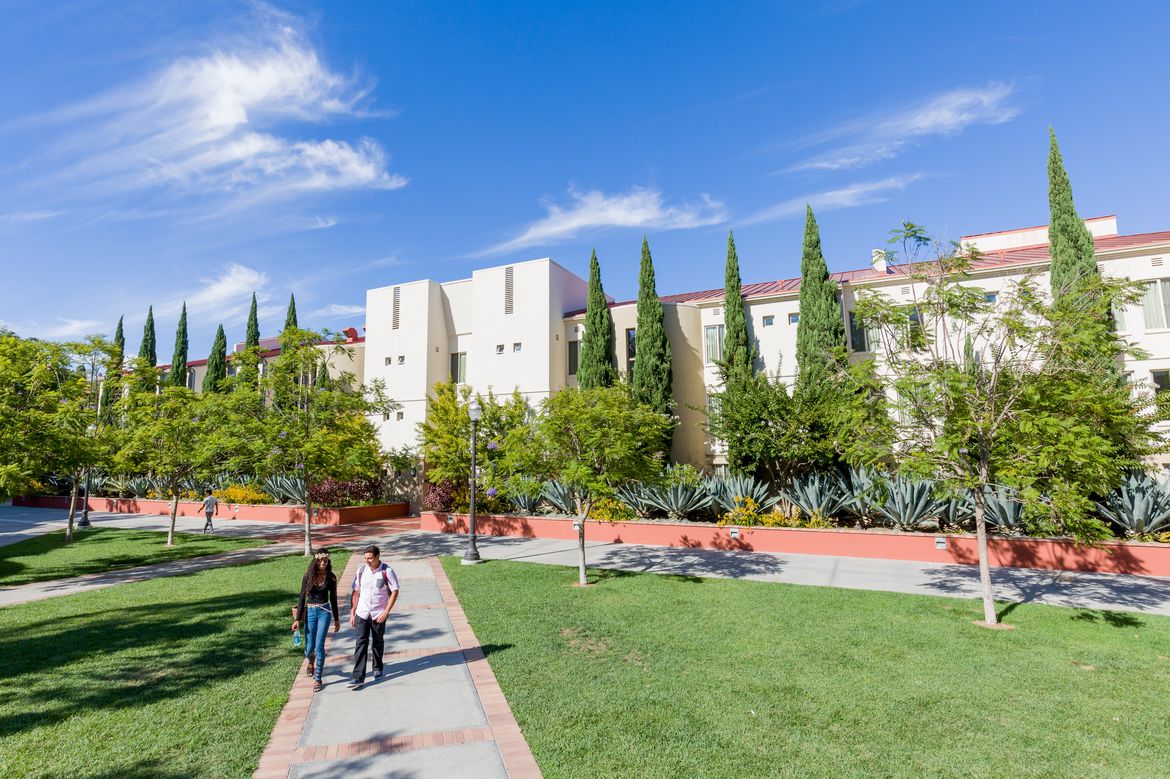

By David M. Greenwald
Executive Editor
Over the last decade, the issue of student housing has gotten progressively worse across the state. In Davis, we have seen since 2015 UC Davis has been steadily pushed to provide a far greater share of housing on-campus—with the current plan calling for the share of on-campus housing to rise from about 28 percent in 2015 to nearly half by the end of the current Long Range Development Plan.
At the same time, student housing has become an increasingly contentious issue within the city. The city council and in some cases the voters have approved a string of projects that are hoped to help close the housing gap—Sterling, Lincoln40, Nishi and others.
This is of course not a problem exclusive to Davis and the Vanguard has spent considerable time covering other housing issues in California involving students from Berkeley, to homelessness, to the overall housing insecurity issue statewide for UC, CSU and Community Colleges.
Everyone should be watching carefully to what UCLA just announced a few weeks ago.
Beginning in the fall of 2022, according to a release from their newsroom, “UCLA will guarantee up to four years of housing in university-owned residences for incoming freshmen and two years for transfer students.”
That makes UCLA the first in the state to offer such a commitment.
“Living on or near campus contributes greatly both to students’ educational experiences and to the richness of our community,” said UCLA Chancellor Gene Block. “This guarantee represents a crucial milestone for UCLA.”
According to the release, “The expanded housing guarantee is possible because the campus is in the midst of significantly expanding its housing inventory.”
The key is the 17-story high rise apartments, Gayley Heights. With the new housing, the university will house about 13,620 undergraduates on campus in the fall. They also have another 9300 students off campus but in university-owned apartments.
Given that 44,000 students overall are enrolled at the university, you’ll notice that the number of housing units is still about half the enrollment and that just under 25 percent are living off-campus but in university-owned apartments.
University officials see this as critical, however, for both the educational environment, environmental concerns and costs.
“We want our students to know that if they wish, they have a home with us when they’re enrolled at UCLA,” said Pete Angelis, UCLA’s assistant vice chancellor for housing and hospitality. “Secure housing plays a critical role in students’ success, and we are excited to expand this much-needed resource. This is something we’ve worked incredibly hard to do for our Bruins.”
Living on or near campus is of particular importance because it helps students feel more connected to the institution and its academic, social and recreational activities, Angelis said.
The release notes that UCLA housing is “typically priced below market value.”
They also offer the opportunity to lease for nine months, rather than a full-year commitment.
Gayley Heights for instance, will be one of two towers that extends up 17 floors and features an impressive view of Catalina Island and the ocean.
The cost for the school year is about $12,400 for a four-bedroom, four-person unit and just $6700 for a one-bedroom, four-person unit.
The UCLA commitment to student housing is clearly a step in the right direction. And hopefully a step that other UCs will now be forced to follow as well.
But, as we have seen, the road to student housing has been hampered by litigation elsewhere—and not just in the case of Berkeley.
Recently, at UC Santa Cruz, a student-family housing project was stalled by litigation. At UC Santa Barbara plans for a 4500-bed mega dorm ( a real one) dubbed Dormzilla, sparked campus outrage and demands for a redesign.
The case in Berkeley is well known, with litigation sponsored by a neighborhood association nearly forcing the university to rollback new enrollment this fall—but for the quick actions of the state legislature.
An LA Times article noted that members of the Holmby Westwood Property Owners Association were disappointed by the height of some of the new residence buildings, “because it changes the street-level view of the iconic Fox Theatre.”
However, unlike elsewhere in the state, according to the Times, “neighbors did not consider litigation because the developments are staying within the campus and UCLA has listened to community concerns.”
Still, the head of the association described student enrollment increases as a little “frightening” but they felt like they were for “the greater good of California.”
Contrast that view from elsewhere in the state and you see why UCLA was better able to accommodate enrollment growth with new university housing.







This 17 story building is going to be built directly across the street from where I lived when I first arrived in California in 1960. We rented an apartment that first year and became friends with an interesting assortment of grad students. Westwood was still the iconic Mediterranean Village with the tallest buildings being the Fox Theatre and The Mormon Temple.
As I got older high rises began to dominate the skyline. As a kid it was terribly alienating and I left Los Angeles for the pastoral provinces of Northern California.
I believe my experiences growing up in a densifying West Los Angeles garnered my aversion to densification in Davis. While many people in Davis favor infill for its lower carbon footprint I remain wary because of what I see as the negative consequences of putting too many people in too small an area. I understand going up when geographic spatial limitations preclude going out. However those limitations are self inflicted here in Davis.
They’re saying that they are guaranteeing housing, but it looks like they only have housing for half the students, so I’m not following how that is guaranteed housing.